Mental Illnesses – Types, Symptoms, and Treatments (Part 2)
S Sharanya
May 25, 2021
S Sharanya
May 25, 2021
Read part 1 of Mental Illnesses – Types, Symptoms and Treatments here
Mental illnesses are treatable, provided we have the right kind of awareness on how to get help. This article explains the various mental disorders and their due course of treatment.
As far as types of mental health disorders are concerned, there are many. In part 1 of Mental Illnesses – Types, Symptoms, and Treatments we discussed disorders such as Substance use disorder, Bipolar disorder, and Schizophrenia. Part 2 of the blog talks about how to identify Depression, Emotional eating, etc.
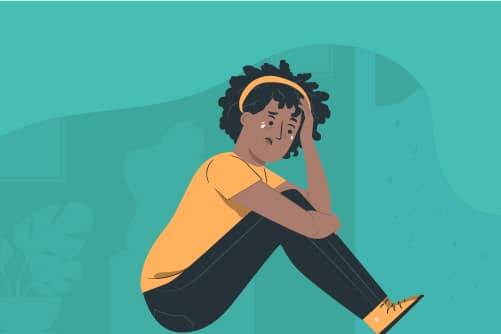
Depression is a common yet complex mood disorder that affects different people differently. A person with depression is likely to feel gloomy, sad, depressed, and angry at different intervals. Experiencing these emotions is normal and integral to life. However, when these feelings impair the quality of life (social and personal life of an individual) and decision-making skills for a persistent time, then it is likely that he/she requires counseling or psychiatric intervention.
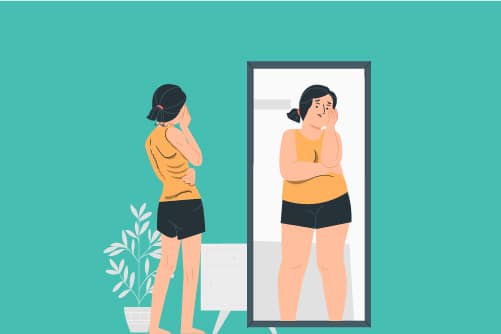
Eating disorders are severe mental conditions. People with this condition become preoccupied with the food they eat and how it affects their body weight. It leads to serious disruptions in their eating habits that impact their overall health and prevent them from functioning normally in daily life. Eating disorders impact millions of people, and it mostly includes women in the range of 12 years to 35 years.
Some of the most common eating disorders include – bulimia nervosa, anorexia nervosa, and binge-eating disorder.
Bulimia nervosa
Anorexia nervosa
Binge-eating disorder
Your doctor is more likely to follow a team approach to treat an eating disorder, including mental health experts, caregivers, your family, and dieticians. The treatment options mainly include the following:
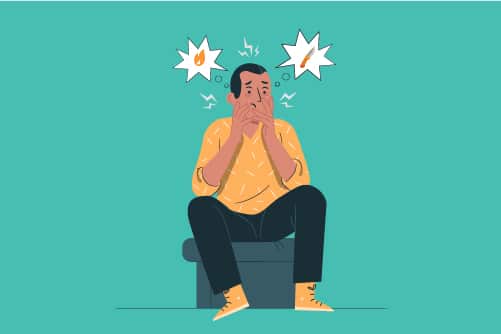
Post-traumatic stress disorder (PTSD) is a mental disorder that is often an aftereffect of a horrifying event. The person experiencing PTSD can either be a victim or an eyewitness. Although difficult to cope with, initially, with good care and treatment, the symptoms are most likely to improve.
The symptoms of PTSD are divided into four categories. It includes the following:
With proper treatment, people with post-traumatic stress disorder can regain the lost control of their lives. The treatment options include the following:
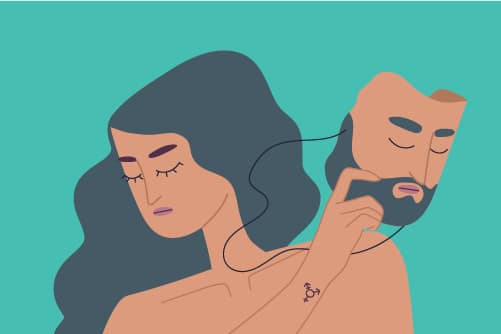
Gender dysphoria is a distressing psychological condition in which a person feels uncomfortable or embarrassed due to his/her gender identity that differs from their gender-related physical features or is different from their assigned gender at the time of birth. This condition is likely to affect sex-nonconforming people and transgender.
Proper treatment can allow people with gender dysphoria to understand their sexual identity and recognize the sex they are comfortable in. However, as no two people are the same, their treatment plans are likely to vary. Some of the most common treatment options include the following:
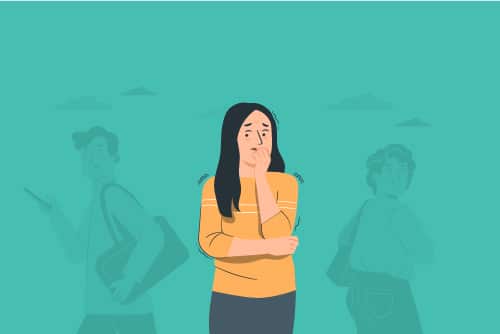
Anxiety and apprehensions are normal responses to certain undesired situations. However, when occasional anxiety becomes consistent and overwhelming that affects the quality of your life, it is no more a normal emotion but a mental illness. There are different types of anxiety disorders, including generalized anxiety disorder, panic attacks, social anxiety disorder, phobias, selective mutism, and separation anxiety disorder, among others.
Depending on your condition, your doctor may recommend the following treatment options:
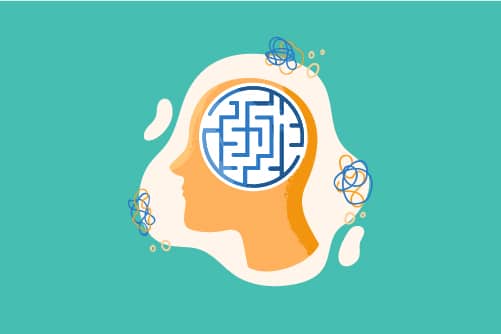
Intellectual disability is a type of mental health condition. A person with this ailment can have problems related to the following aspects:
Although it is a lifelong problem, early intervention is most likely to help with improving the symptoms. Some of the most common treatment options include the following:
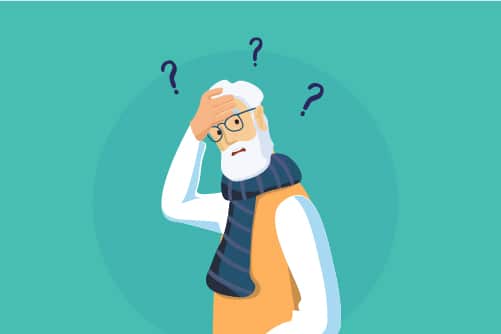
Alzheimer’s disease is a neurologic condition in which the brain shrinks, leading to the death of brain cells. It is a progressive disease. And it is one of the most common reasons behind dementia (a condition that gradually limits the ability of a person to function independently.
Medications
Medications for treating Alzheimer’s disease can help you with improving your symptoms and memory. Some common drugs used for treating Alzheimer’s include the following:
Supportive and safe environment
Designing a safe, secure, and supportive environment so that the person with Alzheimer’s can lead a quality and easy life, such as keeping medications & other essential items in place, and installing strong handrails on the stairs.

Hoarding disorder is a type of mental health condition in which a person is excessively possessive about saving items that other people are likely to find useless. They tend to save possibly every item that creates a mess around their home and even workspaces. Sometimes, the clutter can also make it difficult to move around in the house.
With proper treatment, people who have hoarding disorder can control their habit of holding on to things. The treatment options for this condition include:
Your mental health involves your psychological, physical, and overall well-being. It can affect various aspects of your life, including –
Therefore, you need to make sure to take care of your mental health as well. Don’t get ashamed or feel embarrassed. Whenever you feel that there might be a problem, seek medical help.
Are you looking for guidance and support? Our Psychologists can help.
A. Each patient is treated differently. The treatment will depend on the patient’s condition. Medication or alternatives such as psychotherapy, exercise, or a combination of these are used.
Antidepressants are effective in some cases, while they might not be the answer for all. Please ask your doctor to explain the side effects of the medication to you so you can make an informed decision about the treatment. Please make sure you do not skip appointments with the doctor, as your medicines and plan need to be reviewed from time to time.
Nowadays, CBT (cognitive behavioral therapy) and counseling are widely used to treat mental health conditions. Doctors offer a range of treatments to patients that include drugs, counseling, or therapies.
A. We all feel low sometimes. We must share and open up to someone about our fears and insecurities. The love and support of dear ones can be valuable and may help the person overcome his/her problems without seeking additional help. If the problem persists and the symptoms have started to interfere with your routine, you must speak to your primary care physician.
